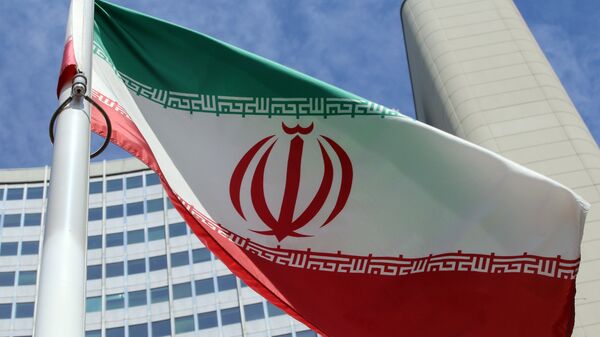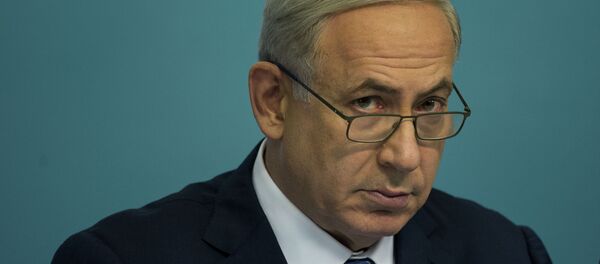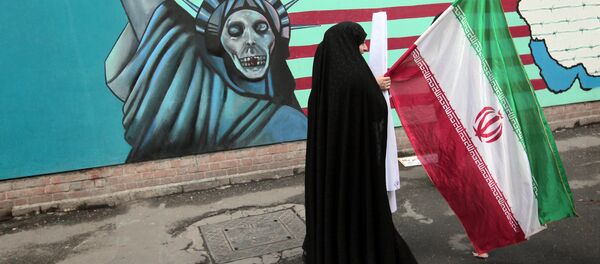France's Foreign Minister Jean-Yves Le Drian said that the information provided by Israel the day before confirms the need for long-term assurances on Iran's nuclear program and underscores the importance of maintaining the nuclear agreement, also known as the Joint Comprehensive Plan of Action (JCPOA).
"France takes into account the Israeli prime minister’s information on Iran’s past activities in the nuclear sector. This information should be studied and assessed in detail," he went on to say.
The minister added that it is essential that the International Atomic Energy Agency (IAEA) continues monitoring Iran's activity in the nuclear sphere.
READ MORE: US Attempts to Dissuade Iran's Partners From Cooperation Violate JCPOA — Tehran
UK Foreign Secretary Boris Johnson also addressed Netanyahu's presentation about Iran nuclear deal, saying that Israel' revelations prove that the JCPOA should be preserved as it imposes constraints on Tehran's nuclear ambitions.
"The Iran nuclear deal is not based on trust about Iran’s intentions; rather it is based on tough verification, including measures that allow inspectors from the International Atomic Energy Agency unprecedented access to Iran's nuclear programme," the top British diplomat said.
He went on to say that the deal provisions make it "harder" for Tehran to conduct sensitive research in secret as it had been doing before 2003.
"That is another good reason for keeping the deal while building on it in order to take account of the legitimate concerns of the US and our other allies."
In a televised address on Monday, Israeli Prime Minister Benjamin Netanyahu stated that even after signing the Iran nuclear deal, meant to ensure the peaceful nature of Iran’s nuclear program, Tehran has kept and continued to develop its nuclear weapons "know-how" for future use. According to Netanyahu, Israel has obtained about 100,000 files proving that Iran's nuclear program had a military dimension, codenamed "Amad Project."
The atomic watchdog declined comment on Netanyahu's accusations against Iran, as "it is not the practice of the IAEA to publicly discuss issues related to any such information."
Trump has repeatedly criticized the JCPOA and has threatened to pull the US out of the agreement if it is not amended.
The JCPOA was signed with Teheran by the European Union and the P5+1 group of countries — China, Germany, France, Russia, the UK and the US — in July, 2015. The accord stipulated a gradual lifting of anti-Iranian sanctions in exchange for Tehran keeping its nuclear program peaceful.




